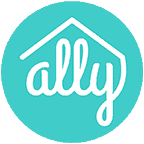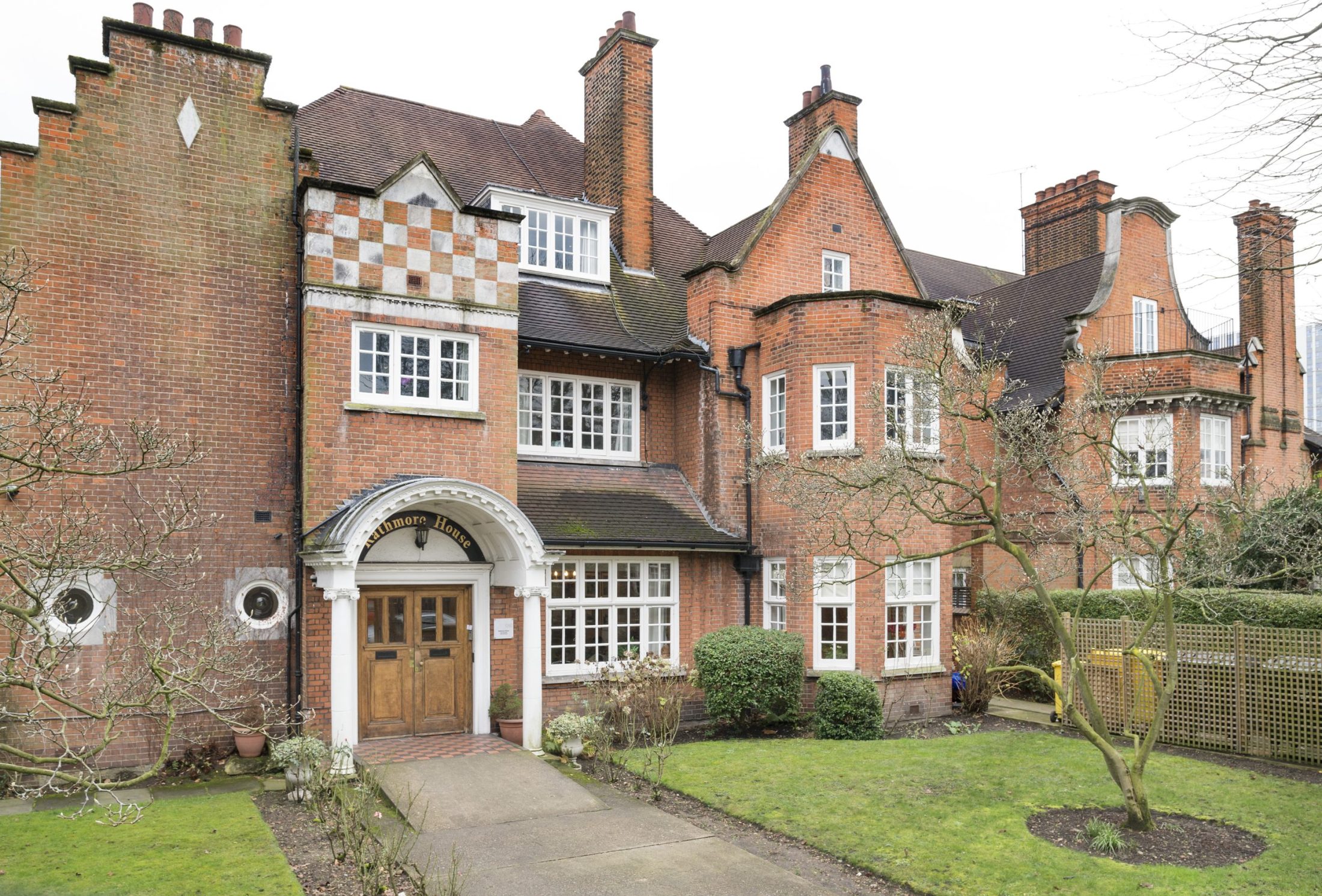The challenge: addressing high-risk falls
Rathmore House, part of Central and Cecil Housing Trust, is a well-regarded care home with a diverse mix of residents. The home faces a persistent challenge common in many care homes: the risk of night-time falls among its residents, and especially for those considered “high risk” because of regular falls.
For residents with dementia who are highly sensitive to changes in routine and environment, disrupted sleep is a real problem as it can worsen cognitive symptoms and contribute to increased confusion, agitation, and mood swings. In addition to this, the risk of falls at night not only compromised the safety and health of residents but also placed a significant strain on staff and resources. With funding and support from North Central London Integrated Care Board, Ally’s Resident Monitoring was implemented at Rathmore House to help tackle the challenges it faced and generate better outcomes for its residents.
Initially, there were teething issues related to the technology configuration which created some challenges around trust and adoption of Ally as Chris Barry, the Home Manager explains
“Some of the team were sceptical at first because of the initial challenges around the system configuration and sensitivity”.
Ensuring all staff members fully understood and trusted the system took time, but the leadership team knew that the potential benefits far outweighed the initial challenges.
The solution: Why Ally’s AI monitoring technology was the right choice
Determined to reduce falls and improve care outcomes, Rathmore House decided to implement Ally’s AI monitoring system. What made Ally stand out was its sensor-based monitoring and AI technology designed to provide real-time data on resident behaviour particularly in high-risk situations such as during the night or when staff were not in the room.
Rather than interrupting care routines, Ally was designed to fit seamlessly into the existing framework, reducing the burden on staff by tracking residents’ movements, monitoring sound levels, and flagging potential risks like reduced mobility or irregular night-time behaviour.
Chris explained the rationale:
“We wanted a solution that was more proactive. Ally offered us the ability to track and monitor residents without the need for intrusive checks. That gave us peace of mind and allowed staff to focus on other areas of care.”
Wayne Muggeridge, the Deputy Manager adds: “We needed a system that could alert us when something was wrong, even when we weren’t physically there. Ally gave us that capability, and it also helped us move away from having to check on residents constantly, which could disturb them.”
Implementation: Overcoming initial challenges
Initially, staff were hesitant to fully embrace Ally’s AI technology as they felt uncertain about relying on technology for critical decisions and because of its sensitivity.
However, through a refinement of the system set up and training and ongoing support from Ally’s team, these concerns were alleviated. Staff now see Ally as a valuable tool that has enhanced their ability to deliver personalised care rather than a replacement for their professional judgement.
Wayne continued: “After the initial system refinements were made and the team saw how it could actually help us prevent falls and intervene earlier in other health concerns, they became more confident in using it.”
Results and impact: 100% elimination of high-risk night-time falls
Since the introduction of Ally’s AI technology, Rathmore House has seen an astonishing reduction in night-time falls among high-risk residents—eliminating them entirely.
- 100% reduction in high-risk night-time falls: The biggest measurable impact was the complete elimination of high-risk night-time falls. This not only improved resident safety but also reduced the need for hospital admissions, enhancing residents’ overall quality of life.
- 27% drop in disturbing checks: Once the initial system sensitivity of the system was resolved, the staff saw how Ally supported their roles and were more trusting of the alerts, leading to few disturbing checks. Staff could allow residents to enjoy a better sleep rather than focusing on routine checks.
- More efficient care delivery: The data provided by Ally has allowed the team to make more informed decisions about care plans and checks, whilst giving staff back on average three hours per night. This has enabled the team to re-allocate their time more effectively, focusing on residents who need immediate attention and reducing unnecessary interruptions for those who don’t.
Chris proudly adds:
“We’ve managed to achieve 100% elimination of high-risk night-time falls.This is something we’ve never been able to do before, and it’s had a huge impact on both the residents and the staff.”
In addition to falls prevention, the system has allowed staff to take a more proactive approach to care. By monitoring residents’ movements and identifying subtle changes in behaviour, the staff can now intervene before problems escalate.
“Ally has helped us pick up on issues that we might have missed before,” Wayne noted.
Wayne continues: “For example, we’ve been able to identify when a resident is starting to struggle with mobility before they actually fall, which means we can make adjustments to their care plan straight away.”
Cultural shift: A new era of care at Rathmore House
The integration of Ally has not only improved the physical safety of residents but also fostered a cultural shift within Rathmore House. Staff now have a deeper trust in technology and understand how it can enhance their role.
“The whole team has embraced it now,” “There’s been a real shift in how we think about care. We’ve moved from being reactive to being more proactive, and that’s made a big difference in the overall atmosphere here.” Chris commented.
The reduction in night-time falls and hospital admissions has also improved staff morale. They no longer feel the constant pressure of having to monitor residents manually, knowing that Ally is there as an extra layer of support.
Wayne adds: “Knowing that the system is like the eyes and ears always listening and watching, even when we’re not in the room, has given the staff more peace of mind,” “It’s allowed us to focus on spending quality time with residents instead of constantly worrying about whether someone might fall.”

Conclusion: A transformative journey with Ally
For Rathmore House, the journey to fully embracing Ally’s AI monitoring system has been transformative. What began as a solution to reduce falls has evolved into a catalyst for cultural change within the home. The elimination of high-risk night-time falls, improved staff morale, and a more proactive approach to care are just a few of the benefits that have emerged since adopting Ally.
“The impact has been huge,” Chris concluded. “Ally hasn’t just improved safety; it’s changed the way we think about care. We’re now able to provide better, more personalised care to our residents, and that’s what it’s all about.”
By leveraging cutting-edge AI technology, Rathmore House is setting a new standard in resident care, ensuring that safety and wellbeing are always at the forefront.

